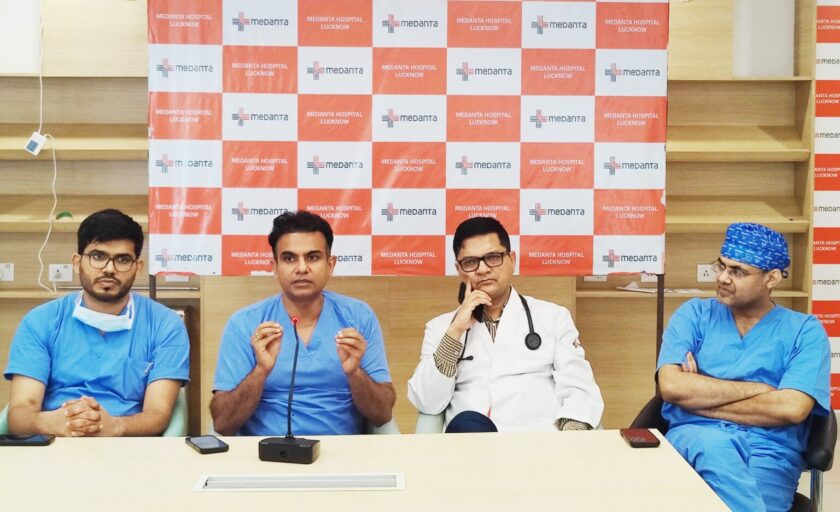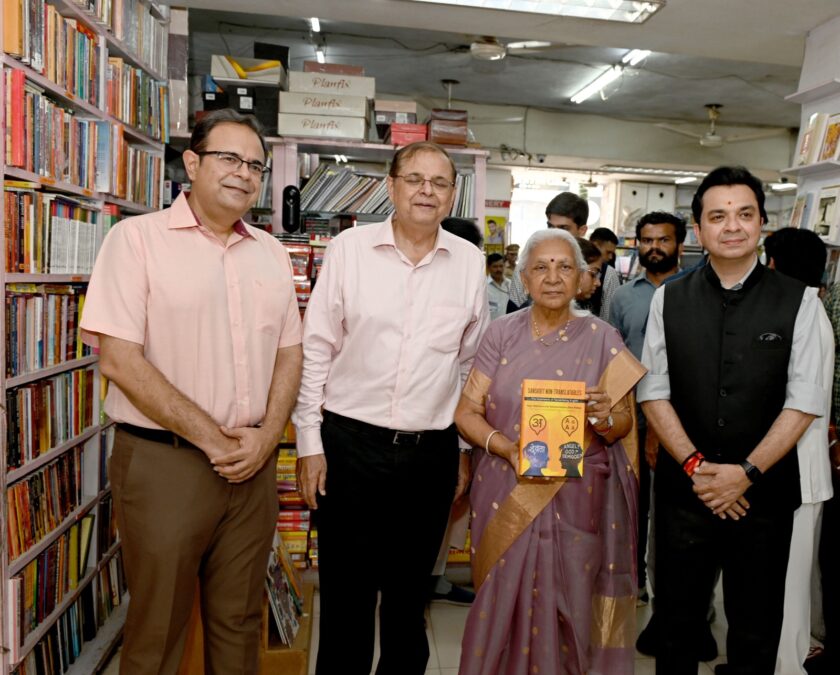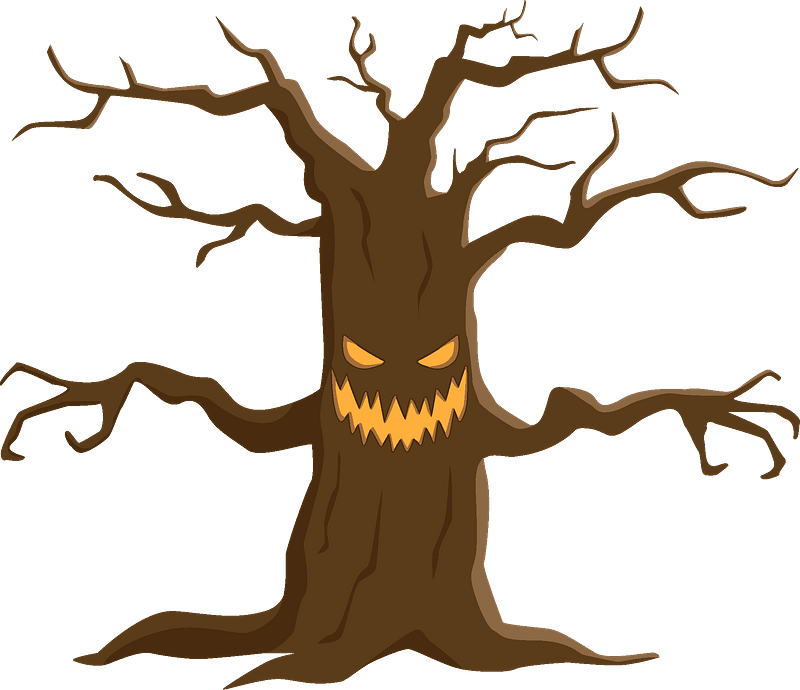Mrityunjay Dixit
New Delhi: One Nation One Election: Prime Minister Narendra Modi is continuously moving forward to fulfill the resolutions of national interest in his third term, under this series, he has taken an important initiative to fulfill the much awaited resolution of “One Country – One Election”.
After becoming the Prime Minister of the country for the third consecutive time, on the occasion of completion of 100 days of Prime Minister Narendra Modi government, the Modi cabinet has put an end to the questions being raised on “One Country One Election”.
While giving his message from the Red Fort on the occasion of Independence Day this year, Prime Minister Modi had indicated to move forward on “One Country One Election” and now the cabinet has approved the recommendation of former President Ramnath Kovind Committee.
After the cabinet approval of the concept of One Country One Election, the responsibility of building consensus among the political parties has been given to Defense Minister Rajnath Singh, Kiren Rijiju and Law Minister Arjun Ram Meghwal. The committee formed for One Country One Election had discussed this subject with all the major political parties, in which 32 political parties were in support of it and 15 were against it.
Now there is a strong possibility that the necessary Constitution Amendment Bills will be presented for this in the upcoming winter session of Parliament and it is believed that the government has almost made arrangements to get all these bills passed.
After independence, Lok Sabha and Assembly elections were held simultaneously in India till the year 1967, at that time only the governments of Congress and its supported parties used to be in the state assemblies in the whole of India. The Election Commission in the year 1982 and then the Law Commission headed by Justice B. B. Jeevan recommended one country one election.
In the year 2018, the Law Commission headed by Justice B. S. Chauhan, while talking about simultaneous elections in a draft report, said that amendments would have to be made in Articles 83, 85, 172, 174 and 356 of the Constitution. In the year 2015, the Standing Committee of Parliament also recommended holding Lok Sabha and Assembly elections in two phases.
From a political point of view, it is very surprising that the Congress ancestors were earlier supporting one country one election, but since the government led by Prime Minister Narendra Modi has taken a step forward and is moving towards its implementation, the Congress and its allies who have formed the Indy alliance have started opposing the system of one country one election.
All political parties believe that the system of one country one election in India is undemocratic, unconstitutional and impossible. Many leaders are calling it a mere gimmick of the Prime Minister and the BJP government. One of the major reasons for the regional parties opposing the policy of one country one election is that they fear that after the implementation of this system in India, their existence will end. The existence of many parties in India is possible only due to frequent elections.

After the year 1967, many assemblies had to be dissolved due to certain political reasons and then for a long time there was an atmosphere of instability in the politics of the Center and the states. At present, in India, assembly elections are held somewhere or the other in the five years between two Lok Sabha elections, due to which the code of conduct is imposed repeatedly and public welfare and development programmes are affected. In India, elections of Municipal Corporations, Municipal Bodies and Gram Panchayats are held somewhere or the other every year, every month and by-elections also come in between and hamper development works.
Due to frequent elections, the expenditure of political parties and leaders also increases a lot, due to which economic corruption gets strengthened. The leaders of political parties and their supporters make absurd statements to woo their society and voters, due to which the social environment gets polluted.
Religious animosity also deepens. Due to frequent elections, the model code of conduct is imposed, due to which the government is not able to take necessary policy decisions and there is a problem in implementing various schemes. If Lok Sabha and assembly elections are held in the country at the same time, then the model code of conduct will remain in force for a short time. After the implementation of the system of one country one election, the huge expenditure incurred in elections will be reduced.
This will help in curbing black money and corruption. By conducting simultaneous elections, there will be no need to put government employees and security forces on election duty again and again. It is also estimated that by conducting simultaneous elections in the country, the GDP of the country will increase by about 1.5 percent. Economic experts are of the opinion that with “one country one election” governments will be able to carry out development work for at least four and a half years. Currently, due to continuous elections and code of conduct, the hands of the governments are tied for 12-15 months.
The Ramnath Kovind Committee has made many important recommendations on one country one election, under which this scheme will be implemented in the country in two phases. In the first phase, Lok Sabha and Assembly elections should be conducted and in the second phase, elections of urban bodies and panchayats should be conducted, but these should be conducted within 100 days of the first phase. As soon as the term of Lok Sabha ends, elections to the state assemblies should be held. If the election to any state assembly cannot be held simultaneously due to unavoidable reasons, then it will be held at a later date but the term will end on the same day. If the state assembly is dissolved in the middle, then new elections will be held for the remaining term of the assembly.
A common voter list should be prepared for all elections. An implementation group should be formed to implement it. The Kovind Committee has also recommended 18 constitutional amendments, most of which will not require the approval of the state assemblies, while some proposed changes related to common voter list and common voter ID card will require approval by half the states. The Modi government claims that during the consultation process of the committee, 80 percent of the youth supported one country and one election.
At present, the opposition is calling one country-one election anti-democracy and anti-constitution only to oppose Prime Minister Narendra Modi and his policies, whereas the reality is that after independence, from 1951 to 1967, Lok Sabha and assembly elections were held simultaneously and then it was the era of Congress, so the Congress will also have to clarify whether an anti-constitution government was running in the country then? It is appropriate that all opposition parties should come together and support those issues which are in the interest of India as a nation and which help India to move forward towards becoming a developed nation.
The writer is a political analyst. Originally pushed on BreakingTube in Hindi





